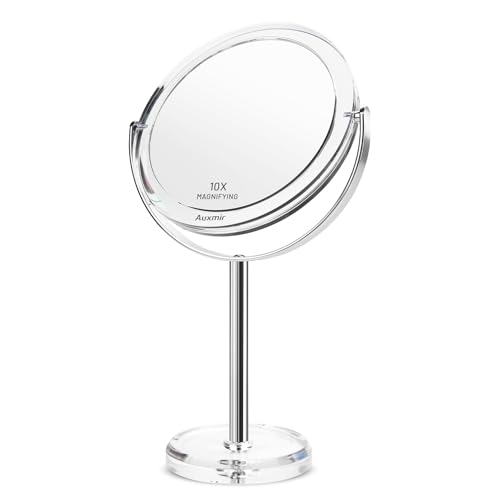The Basics of Mirror Coatings
When you look at a mirror, it may seem like a simple piece of glass that reflects your image. But in reality, there are actually different types of mirror coatings that can affect how the mirror reflects light and how durable and long-lasting it is. Understanding these coatings can help you choose the right type of mirror for your needs.
Aluminum Mirror Coatings
One of the most common types of mirror coatings is aluminum. This coating is applied to the back of the mirror glass and reflects around 90% of the visible light spectrum. Aluminum mirror coatings are highly reflective, low-cost, and can be used in a variety of applications, from bathroom mirrors to decorative frames.
Silver Mirror Coatings
Silver is another popular coating for mirrors. Silver coating is applied in a chemical process to the glass, which creates a highly reflective surface. Silver mirrors have a higher reflectivity than aluminum but are more expensive. They are often used in specialty applications like telescope mirrors, scientific instruments, and high-end decorative mirrors.
Dielectric Mirror Coatings
Dielectric mirrors are composed of thin layers of dielectric materials such as magnesium fluoride (MgF2) and zinc sulfide (ZnS). Unlike aluminum and silver mirrors that reflect specific wavelengths, dielectric mirrors reflect a broad range of wavelengths. This makes them ideal for use in high-powered laser applications, where specific wavelengths need to be reflected with high accuracy.
Protective Mirror Coatings
Lastly, some mirrors are coated with a protective layer to prevent damage and extend their lifespan. An example of a protective coating is a hard coating, which makes the surface more scratch-resistant. This is especially important for mirrors that are exposed to frequent handling or harsh environments. Another protective coating is a moisture-resistant coating, which prevents water from seeping into the mirror and causing damage.






